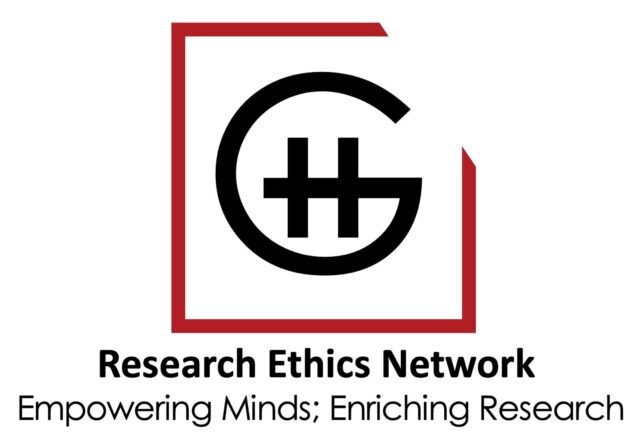The New York University-University of Ghana Research Integrity Training Program (NYU-UG RITP) and partners are gearing up for their highly anticipated annual Ghana Research Ethics Network (GREN) conference. GREN is scheduled to take place from Monday, April 22 to Tuesday, April 23, 2024, at the Institute of Statistical, Social and Economic Research (ISSER) main auditorium, University of Ghana campus – Accra, Ghana
This year’s conference is on the theme, “Strengthening Research Ethics Capacity in Ghana to Respond to Global Health Challenges” and is scheduled to be available for both in-person and online participation.

Each year GREN brings together the actors and stakeholders of the NYU-UG RITP – offering them an opportunity to discuss – in person – bioethical, research ethics, and research integrity challenges relevant to the program, Ghana, and the West African sub-region.
“GREN2024 will highlight the critical and urgent need to strengthen research ethics capacity in Ghana to respond to global health challenges Professor Amos Laar, indicates. Prof. Laar is the Co-Convener of GREN and Principal Investigator of the New York University-University of Ghana Research Integrity Training Program.
In March 2023, the first-ever GREN Conference was held in Accra at the end of a five-year grant period by the Research Integrity Training Program (RITP), a partnership between the New York University Grossman School of Medicine and the University of Ghana at the Ghana Academy of Arts and Sciences.
The 2023 conference engaged over 80 attendees including members from academia, faculties, majors, fellows, and graduate students from about 30 different disciplines. Presentations spanned topics such as ethical funding, capacity enhancement of institutional review board, conflicts of interest in public health nutrition, research misconduct, ethical international research collaborations, bio-banking and genomic data, preparedness for disease outbreaks, autonomy in bioethics, ethics of nudge in organ donation and surrogacy among others.
According to the statement, this year’s event is expected “To bring together all stakeholders of the NYU-UG RITP (Fellows, Students, and Faculty)”; “To discuss the NYU-UG RITP implementation challenges and to explore how to meaningfully harness the collective resources of stakeholders to address those challenges”; “To present and discuss relevant extant and emerging challenges in bioethics”; and “To enhance the skill profile of members of the network in ethics-related research.”
“In light of the Phase II award of the NYU-UG RITP, plans are underway to expand the geographic scope of the Fellowship Program – enrolling trainees from Liberia and Sierra Leone and thus facilitating the emergence of the West Africa Research Ethics Network (WAREN),” the statement added.
GREN 2024 aims to bring together all stakeholders of the NYU-UG RITP, including Fellows, Students, and Faculty, fostering collaboration and synergy among participants.
A central focus of the conference will be to discuss the implementation challenges faced by the NYU-UG RITP and explore effective strategies to address them. Participants will engage in constructive dialogue to harness collective resources for meaningful solutions.
GREN 2024 will also provide a platform to present and discuss relevant extant and emerging challenges in bioethics. Through interactive sessions and presentations, participants will delve into critical ethical issues shaping research and practice.
The conference aims to enhance the skill profile of network members in ethics-related research. Attendees will have the opportunity to participate in workshops and training sessions designed to build capacity and expertise in ethical research methodologies.









